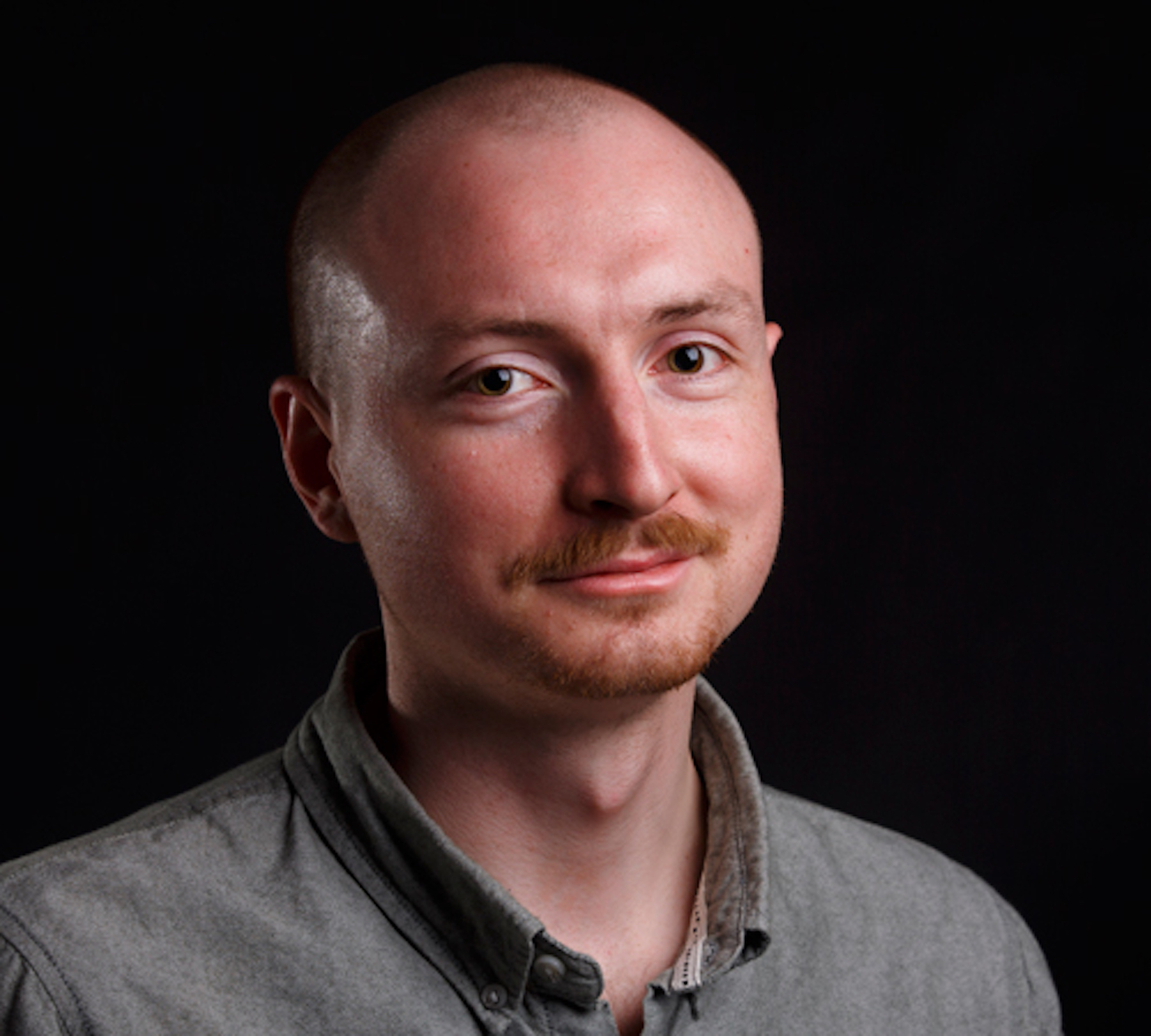The following story was written by freelance writer Deborah Reid:
As a reporter working at the Winnipeg Free Press, Ryan Thorpe pursued a story that broke his young career just two years out of Niagara College’s Journalism program.
Thorpe, who graduated in 2017, infiltrated a para-Nazi group recruiting in Winnipeg and identified the leader as Patrik Mathews, a combat engineer in the Canadian military. The exposure sent Mathews fleeing to the U.S., and in January 2020, he was arrested by the FBI for planning a terror attack. Thorpe went to Maryland to cover his guilty plea in June 2020 and returned this past October to cover his sentencing: 9 years in U.S. federal prison.
Thorpe’s work landed him on every Canadian national news broadcast and CBC’s As It Happens, and media in Israel covered the story. He was also a guest on an Australian podcast and, more recently, is featured on a CBC podcast called White Hot Hate, a six-part series following the case from Thorpe’s perspective as an infiltrator.
If it’s not obvious, Thorpe is driven, intelligent, has steely nerves and tends to detail. The pace of daily news and working to a deadline suits his character. Some of that comes from his training – he name drops professors who conveyed solid lessons. “I wanted to do journalism and get away from the prairies,” he said. “I knew I had a knack for investigative reporting.”
While at school, his interest in social justice issues led him to report as part of a team on food bank use in southern Ontario and student mental health on post-secondary campuses – an award-winning investigation.
The editors at the Winnipeg paper know the full measure of Thorpe’s talents, as do veteran reporters who have been generous with him. He continues to write about challenging public interest stories like residential schools and racism in emergency services. “I’m fortunate to work in a place that still funds investigative reporting because it isn’t cheap and it’s time-consuming,” he said. “I want to continue to do public interest, watchdog journalism.”
He adheres to the credo of the American investigative journalist Seymour Hersh: “Read before you write.”
That’s evident in his six-part series on Stony Mountain prison deaths. For it, he reviewed three years of press releases from Corrections Canada and inquest reports on custody deaths in Manitoba going back two decades. What he identifies is a 15-month period where it was the deadliest prison in Canada. Judges had told Corrections Canada there was an easy fix, but they did nothing. “I kept reading, reporting, and developing sources,” said Thorpe.
There’s no doubt this career will take him to the places he sets his sights on. He lists Canadian journalists he admires like Jana G. Pruden and Robyn Doolittle of The Globe and Mail and Justin Ling. A young reporter will someday add his name to the list.
Thorpe’s commitment to public discourse and creating a democratic society is serious. “I feel proud to work at a newspaper that’s the only publication in the city with reporters at the legislature, city hall, and the courthouse,” he said. “I’d like to think my work has had a positive impact, to put checks on power.”
This story is part of a series featuring seven distinguished members of Niagara College’s alumni community, who have been nominated for Colleges Ontario’s prestigious 2021 Premier’s Awards.



